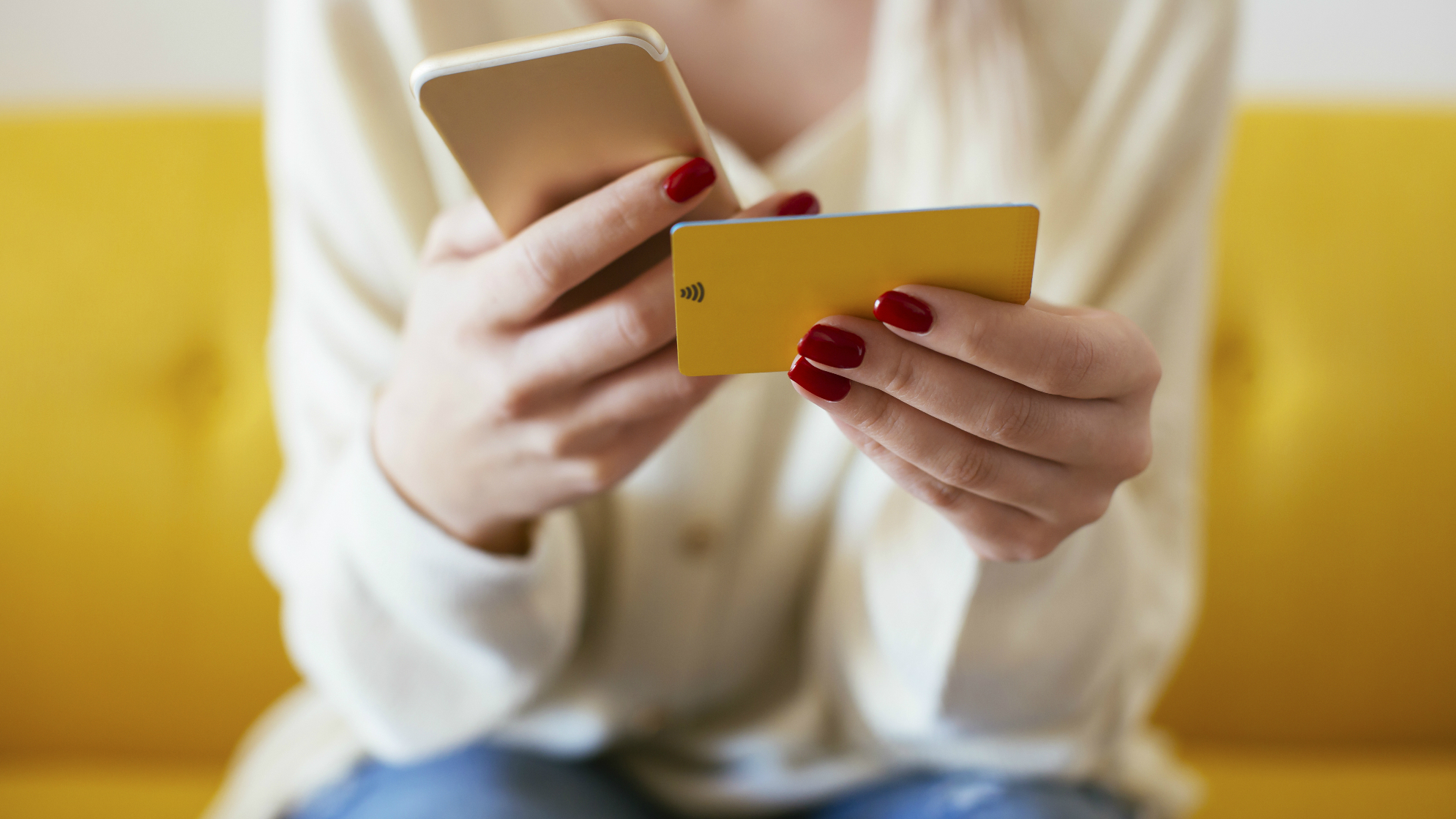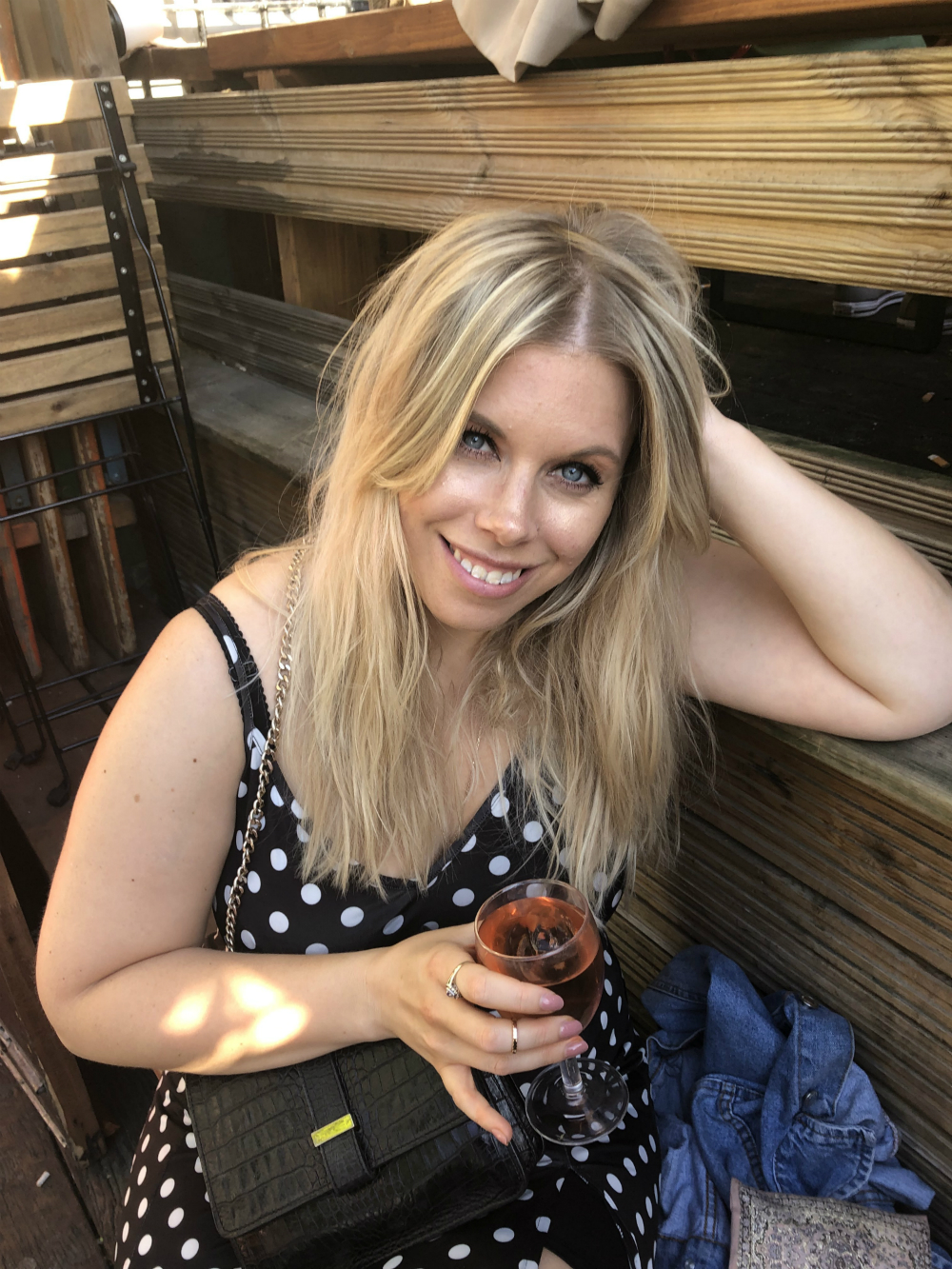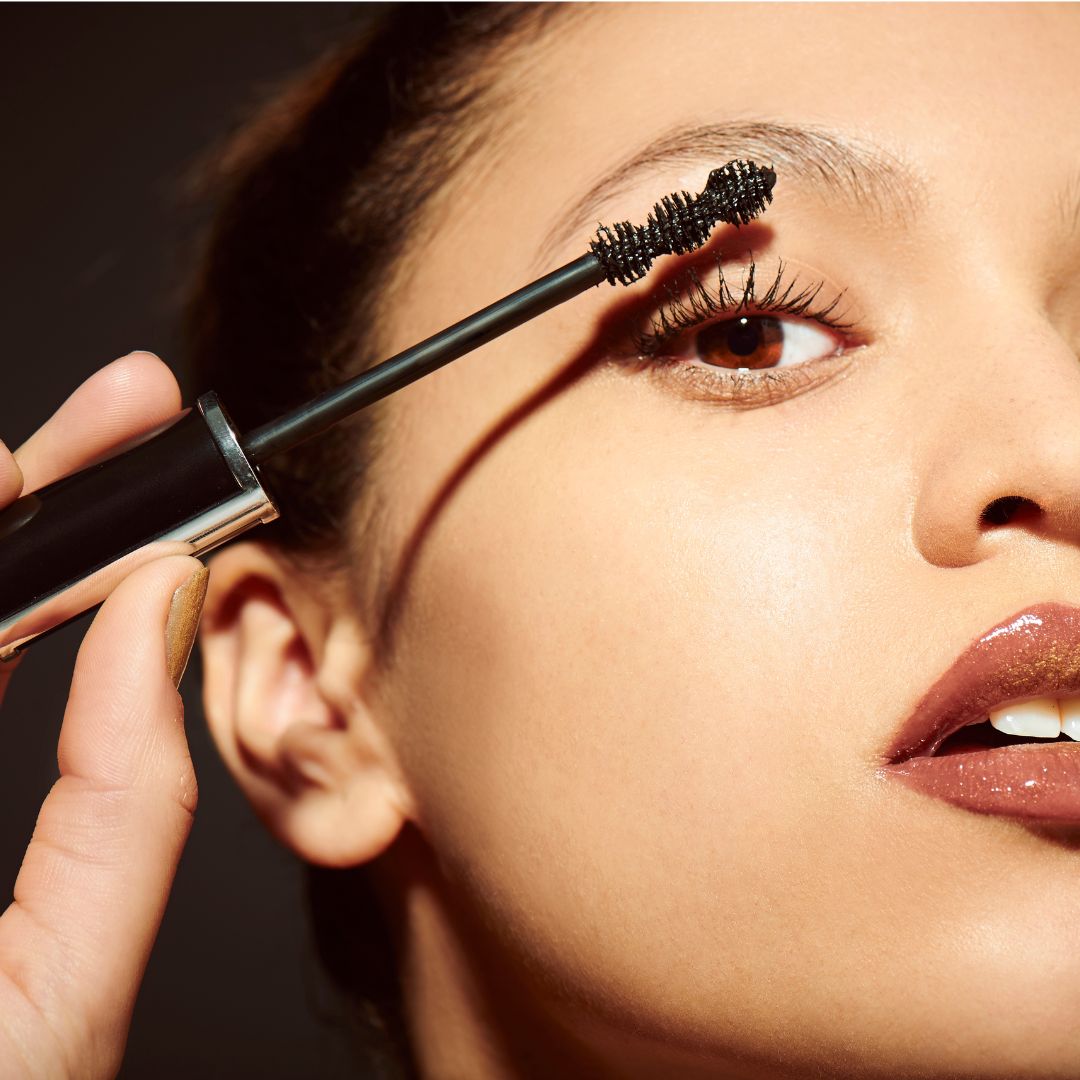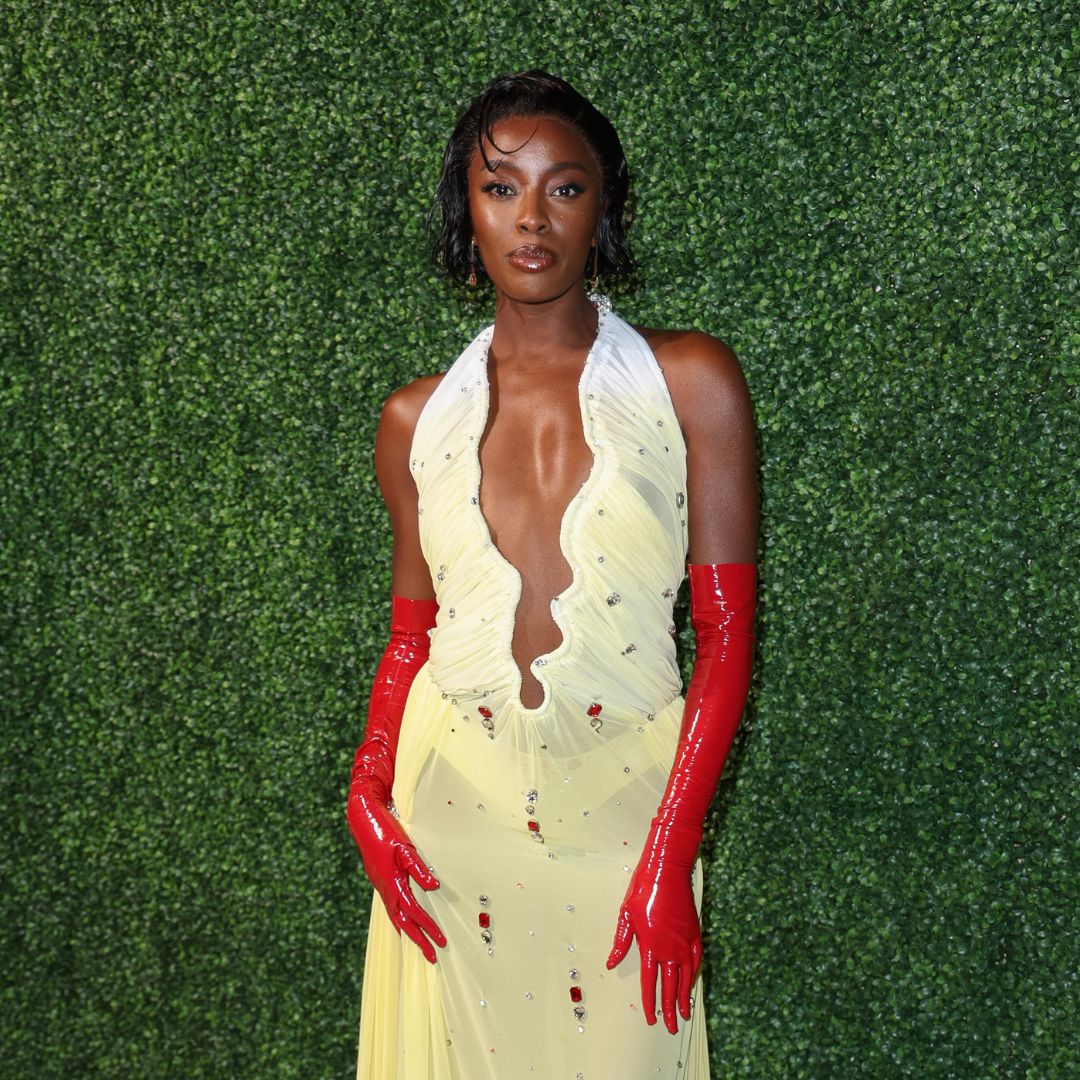‘Why growing up poor left me with a money disorder’
With almost two thirds of millennials stressing about their cash flow, Olivia Foster explains how she’s dealing with the effects of her money obsession

With almost two thirds of millennials stressing about their cash flow, Olivia Foster explains how she’s dealing with the effects of her money obsession
How much do you earn? It’s an uncomfortable question, right? But not as uncomfortable as admitting you’re obsessed with money. We all need it, and most people would admit to wanting it, but to say you really care about it – no matter how open our generation have become – can still feel taboo.
For me my obsession with money started from a young age. I grew up in a poor household on the Isles of Scilly, 30 miles of freezing cold Atlantic Ocean off the tip of Cornwall. Living there meant that money - quite literally - equated to freedom. Trapped on an island that was a mile and a half by half a mile wide, with only 62 other people for company, it was the only means to escape – and not having any meant we were stuck, at one point not leaving for three years.
I hankered after money, resented our lack of it and was desperate to have some. I recognised quickly that my friends with it stood a better chance than me at life. It wasn’t just that they had better clothes, or toys, or food – although those things can matter deeply to you when you don’t have them – it was that they were able to travel, to take part in school trips and to be part of an outside life that was inaccessible to me for no reason other than that we couldn’t pay for it.
I started working at the age of 12. First as a weekend chambermaid, then as a shop assistant, while juggling evenings in one of the local restaurants, and at 18 I was cooking breakfasts in a Wetherspoon’s kitchen. While my friends were in bed nursing hangovers, I was precariously balanced on a hob, cleaning the overhead grease traps. Needing money means you grow up fast.
The more I worked, the more I realised money was the answer to not all of, but many of, my problems. Because even without being materialistic, money is intrinsic to living. Set aside holidays, or cars, or nice clothes, money is rent and food, it’s being able to pay your way to get to work, it can’t stop you feeling lonely but it can buy you a ticket to see someone who will. It can’t buy you happiness, but it can buy you freedom, it can buy you stability and a chance at following your dreams without the anxiety of always having to watch your bank balance. Money is a lubricant that can be used to slip through life more easily and, more often than not, I’ve found that the only people who deny this are those who have it, blind to their own privilege. It feels reckless and short-sighted to say that money can not vastly improve your life, because it can, and it does.

At times though my obsession with staying out of the red has proved to be an unhealthy driving force in my life. Without anyone else to support me the fear of not having enough as propelled me at times to work to the point of burnout, unable to say no to an opportunity to earn no matter how busy I am. And I’m ashamed to say I lost sight of the point when I began to do well, I couldn’t relax into it, unable to shake the feeling that one slip up, one missed job, and I could lose my footing.
Marie Claire Newsletter
Celebrity news, beauty, fashion advice, and fascinating features, delivered straight to your inbox!
I’m not alone though. A recent report by Charles Schwab revealed that 62% of millennials are living pay cheque to pay cheque, while 76% say that their finances causes them stress, with the main reasons being not having enough emergency savings, not being able to meet monthly expenses and not being able to keep up with debt. While new research from Barclays has revealed 38% of us believe we earn less than our friends, with 18% saying it makes them feel sad and uncomfortable; plus 17% feeling embarrassed and 16% of us feeling envious.
For me it has always been a complicated mixture of all of those things. But there are some plus sides; working as a freelancer my openness about money has meant that I’m comfortable to ask for more and to talk to others about how much we do (and should) charge. And I’m the first to advocate for others to know their worth – so often money goes to people who already have it and I’m not afraid to fight for my slice of the pie. And as time goes by I’m working on building a more balanced relationship with my bank balance, trying to remember the times it has fluctuated and that like everything in life, it has its ups and its downs.
Worried About Your Finances?
Dr Peter Brooks, Head of Behaviour Finance at Barclays, reveals how to control your bank balance – rather than letting it control you
- We can all end up feeling like our money controls us rather than us controlling our money. A great exercise is to take a look at your account and decide whether you’d cut, change, or keep each thing you spend your money on. It’s the money management equivalent of clearing out your wardrobe.
- If you struggle to make your money last to your next pay day, using a savings account can help. Some people find sticking to a budget is easier over shorter periods of time. You can achieve this by moving money to a savings account when you get paid and then moving it back in chunks. It will be really clear when you overspend because you’ll find yourself making more transfers between accounts. That visibility is important feedback in how you are doing.
- Wouldn’t it be great to achieve more happiness from your money? It is often the experiences rather than the items our money buys which have the biggest effect. Ditch any comparisons with the things your friends buy and focus on how you can create positive shared memories. Your spending will be less tainted by regret and the happiness will last longer.
The leading destination for fashion, beauty, shopping and finger-on-the-pulse views on the latest issues. Marie Claire's travel content helps you delight in discovering new destinations around the globe, offering a unique – and sometimes unchartered – travel experience. From new hotel openings to the destinations tipped to take over our travel calendars, this iconic name has it covered.
-
 Feeling inspired by the London Marathon? 10 science-backed pieces of running advice for beginners
Feeling inspired by the London Marathon? 10 science-backed pieces of running advice for beginners"Remember, running is for everyone - you included."
By Rebecca Shepherd
-
 After the perfect wedding mascara? I've tested over a hundred formulas—these are the ones I'd recommend
After the perfect wedding mascara? I've tested over a hundred formulas—these are the ones I'd recommendAll the length, volume and lift you could ask for
By Denise Primbet
-
 Anatomy Of A Wardrobe: TV presenter AJ Odudu is carving out her own lane, one show-stopping look at a time
Anatomy Of A Wardrobe: TV presenter AJ Odudu is carving out her own lane, one show-stopping look at a timeWatch as we take an exclusive look inside AJ's wardrobe
By Lily Russo-Bah